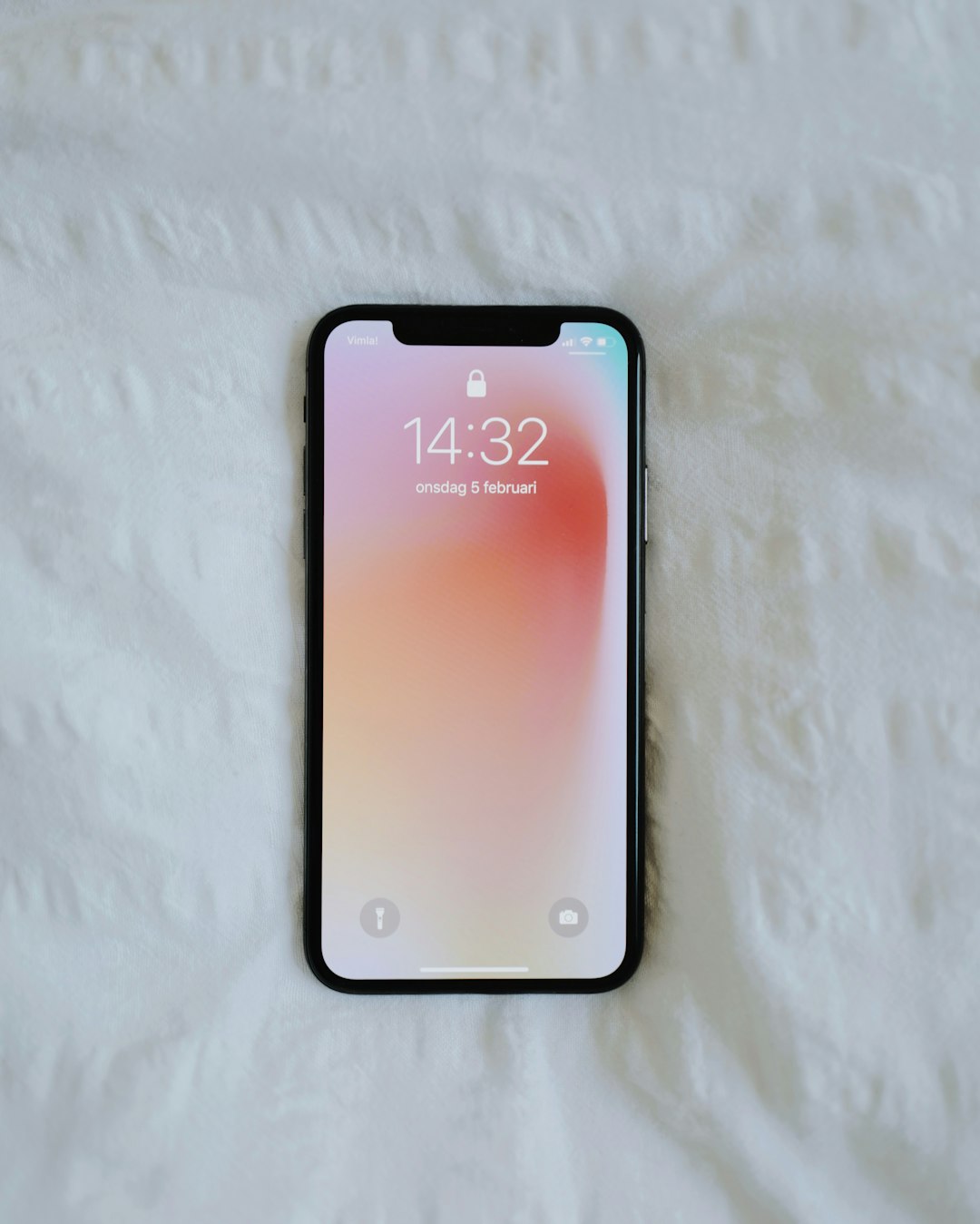San Antonio residents are protected from unwanted phone calls by federal law (TCPA) and local regulations. Documenting incidents, blocking callers, and consulting a lawyer specializing in unwanted call cases in San Antonio can help navigate rights, gather evidence, file complaints, and pursue legal action for privacy protection. Register with the National Do Not Call Registry or file FTC complaints as additional support.
In today’s digital age, unwanted phone calls can be relentless and intrusive. San Antonio residents now enjoy legal protections against these perturbing practices. This article explores your rights under San Antonio’s anti-telemarketing laws and provides a comprehensive guide to dealing with unwanted calls. If you’re seeking relief from persistent callers, understanding your legal options is essential. Consider consulting a lawyer specializing in unwanted call cases in San Antonio for tailored advice and effective solutions.
Understanding Unwanted Call Laws in San Antonio
In San Antonio, Texas, laws governing unwanted calls are designed to protect residents from harassing or disruptive telephone communications. These regulations, part of a broader national effort to curb excessive telemarketing and robocalls, provide citizens with legal recourse against persistent and unsolicited callers. If you’re receiving unwanted calls in San Antonio, understanding your rights is crucial. A lawyer specializing in unwanted call cases can help navigate these laws and ensure you receive the protection you deserve.
The Texas Attorney General’s Office outlines that it’s illegal for telemarketers to make prerecorded or automated calls to consumers without their prior express consent. This includes sales calls, political messages, and other forms of solicitation. Residents who feel their privacy is invaded by such calls have the right to file a complaint with the Attorney General’s Consumer Protection Division. Consulting with a lawyer experienced in handling unwanted call cases can guide you through this process, ensuring your rights are upheld and potential penalties for violators are pursued.
Your Rights and Legal Recourse as a Resident
As a resident of San Antonio, you have specific rights and legal protections against unwanted calls, especially from telemarketers or debt collectors. The Telephone Consumer Protection Act (TCPA) is a federal law that restricts how companies and individuals can contact you by phone. It gives you the right to sue for damages if your privacy is violated due to unsolicited calls. If a lawyer for unwanted call San Antonio determines that a company has violated the TCPA, you could be entitled to receive up to $500 per unauthorized call.
If you are facing persistent or harassing phone calls, it’s essential to document each incident, including the caller’s identity, the date and time of the calls, and any messages left. This information can be crucial in building a case against the perpetrators. Contacting an experienced lawyer for unwanted calls San Antonio can help you understand your rights, gather evidence, and take appropriate legal action to stop these intrusive phone communications.
How to Stop Unwanted Calls Effectively
Dealing with unwanted calls can be frustrating, but there are effective ways to stop them. The first step is to identify and document the caller. Note down the phone number, the frequency and time of calls, and any specific patterns or messages left by the caller. This information will be crucial if you decide to take legal action.
Next, consider blocking the caller through your phone settings. Most smartphones offer call blocking features that allow you to prevent certain numbers from reaching your device. You can also consult with a lawyer for unwanted calls in San Antonio who can guide you through legal protections available under Texas law. They may advise on registering with the National Do Not Call Registry, though this is not 100% effective against automated or robocallers. A legal expert can help navigate options like filing a complaint with the Federal Trade Commission (FTC) or seeking damages through litigation if the calls are harassing or deceptive.






